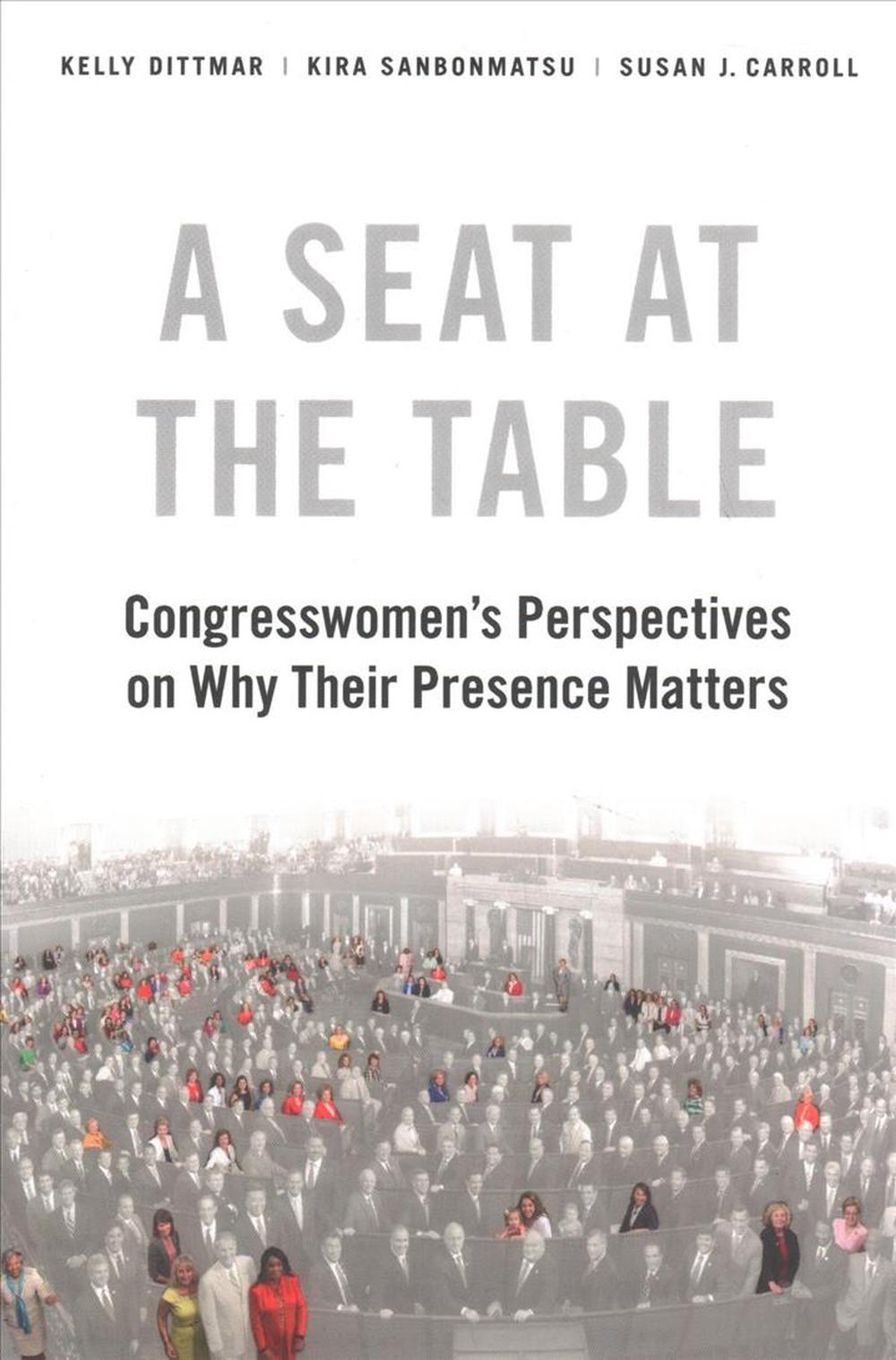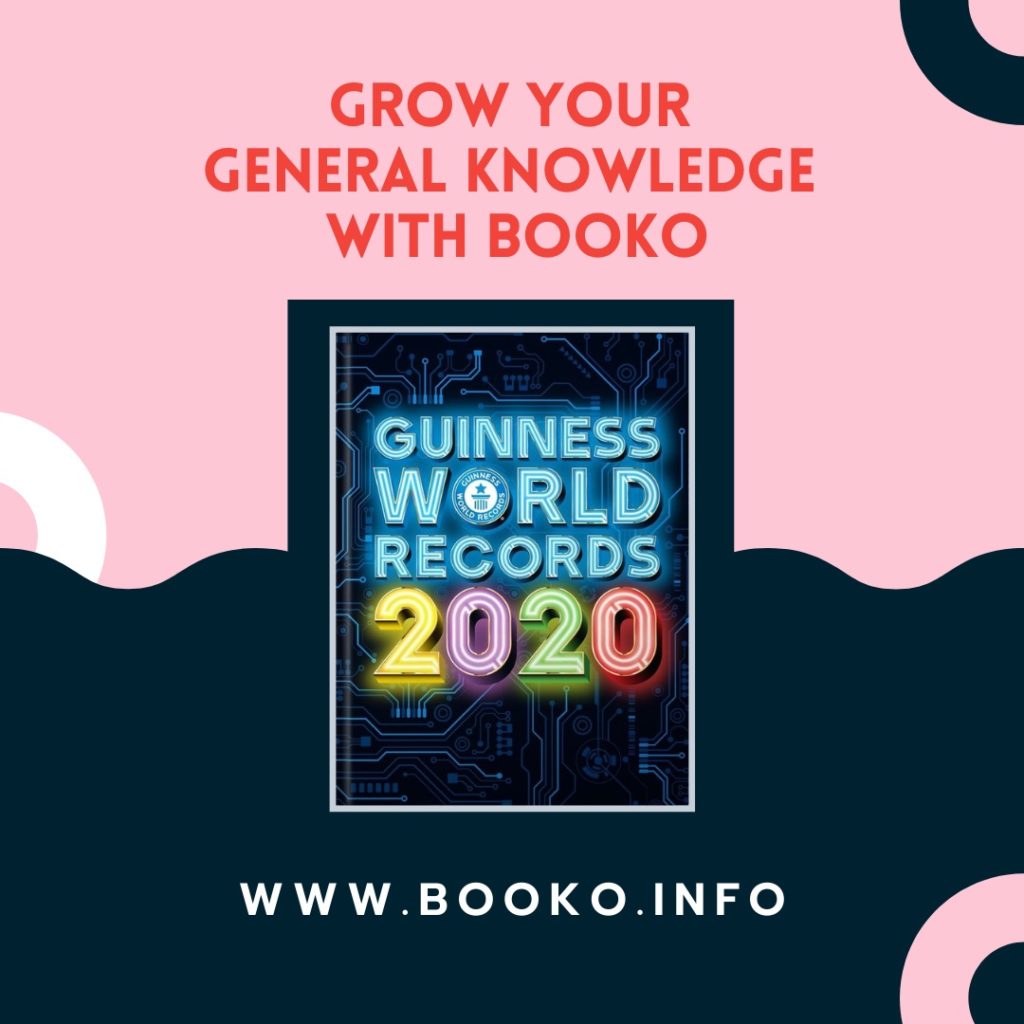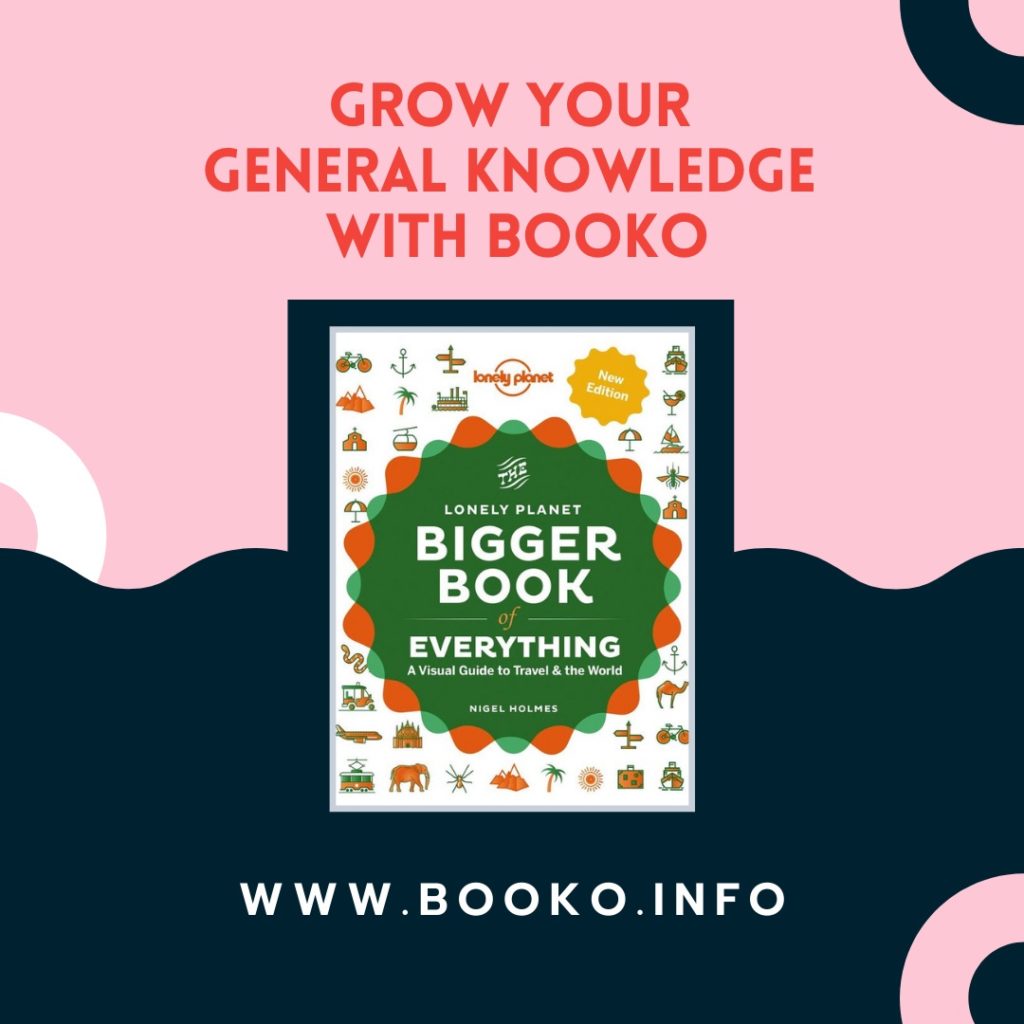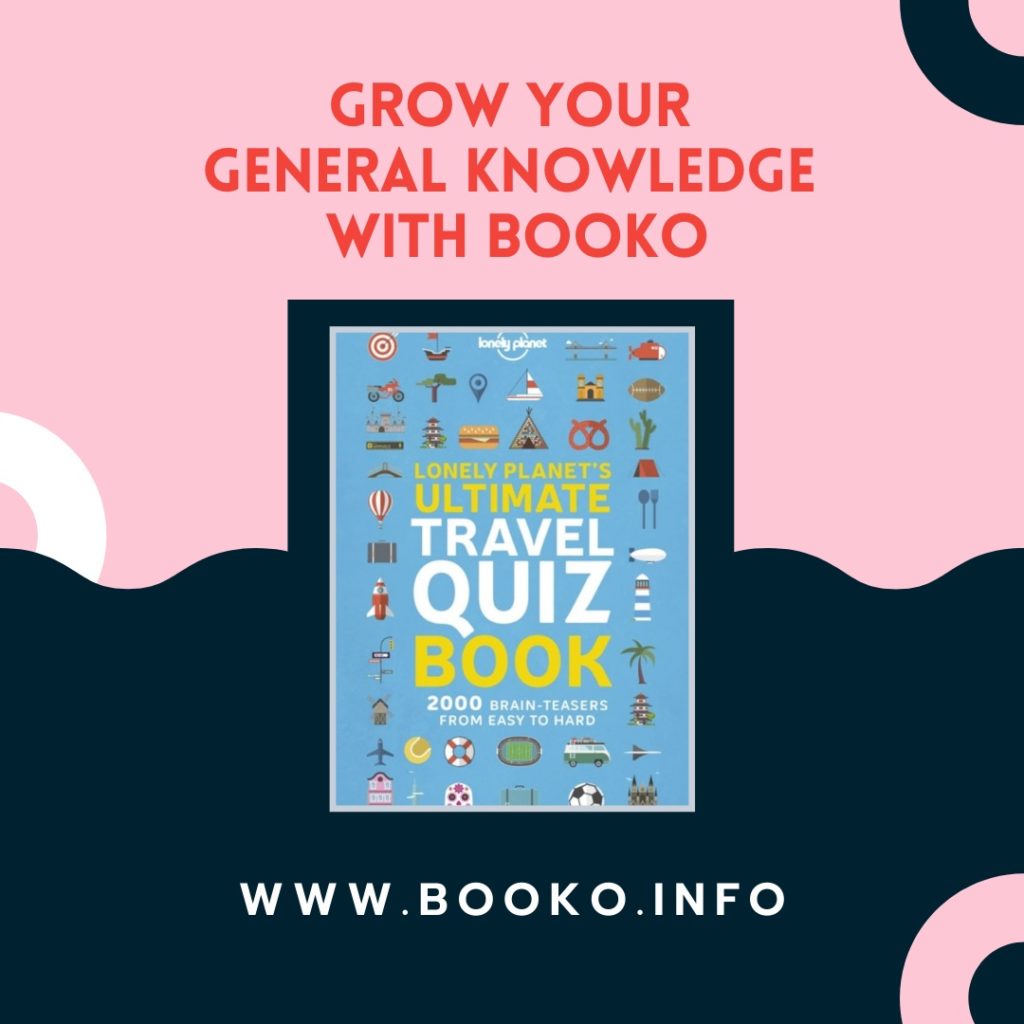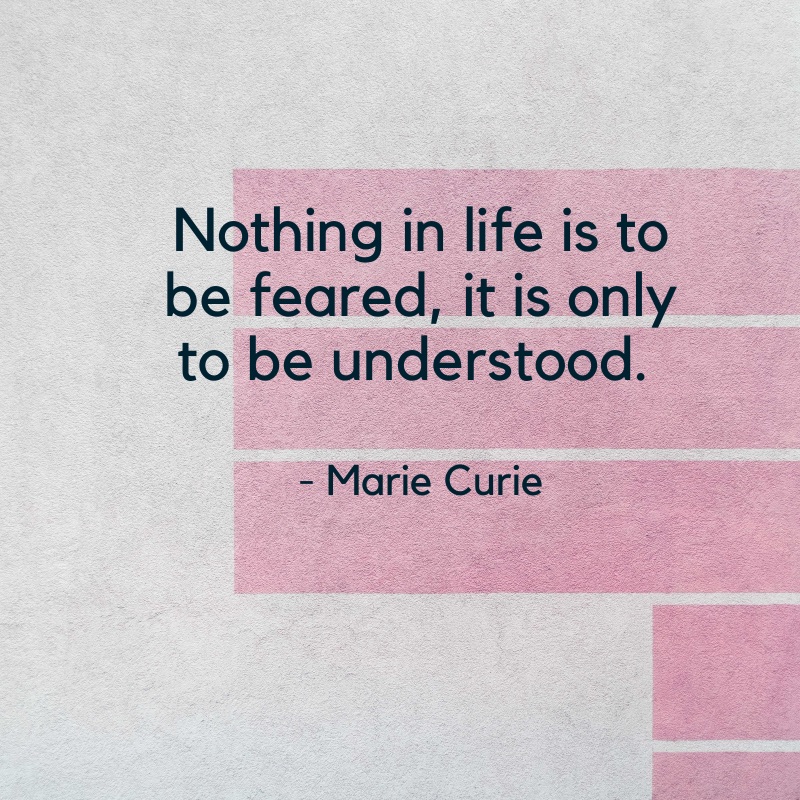Politics has long been a career dominated by males but in recent years we have seen a growing number of amazing women rise to power seizing the opportunity to influence our world. We have gathered a few of our favourite books on the market which explore the values, skills, personalities and drive that each of these women have.
Prepare to be inspired as we explore the careers of some of the greatest women in politics; some are sadly no longer with us, others are facing elections this year.
The Truths We Hold by Kamala Harris
Known for bringing a voice to the voiceless, Senator Kamala Harris is committed to speaking the truth. The daughter of immigrants, she was raised in a community that cared deeply about social justice and, growing up, Harris herself never hid her passion for doing what is right. Throughout her career, from starting out as a prosecutor right up to her position as California’s Attorney General, and now as a US Senator, her hallmarks have been applying a holistic, data-driven approach to the thorniest issues, whether it’s taking on the big banks or rejecting stale ‘tough on crime’ rhetoric as presenting a series of false choices. Neither ‘tough’ nor ‘soft’ but smart on crime became her mantra. Being smart means learning the truths that can make us better as a community, and supporting those truths with all our might. Through the arc of her own life, Harris communicates a vision of shared struggle, shared purpose, and shared values and grapples with complex issues that affect America and the world at large, from health care and the new economy to immigration, national security, the opioid crisis, and accelerating inequality. By reckoning with the big challenges we face together, drawing on the hard-won wisdom and insight from her own career and the work of those who have most inspired her, Kamala Harris offers in The Truths We Hold a master class in problem solving, in crisis management, and leadership in challenging times.
Jacinda Ardern by Madeleine Chapman
Jacinda Ardern is a progressive and a social democrat. A millennial woman in leadership. Only the second elected leader in the world to give birth while in office. But who is the real Jacinda Ardern? And why does she inspire such global admiration? New Zealand’s Prime Minister has been hailed as a leader for a new generation, tired of inaction in the face of issues such as climate change and far-right terrorism. Her grace and compassion following the Christchurch mosque shooting captured the world’s attention. Oprah Winfrey invited us to ‘channel our inner Jacindas’ as praise for Ardern flooded headlines and social media. The ruler of this remote country even made the cover of Time. In this revealing biography, journalist Madeleine Chapman discovers the woman behind the headlines. Always politically engaged and passionate, Ardern is uncompromising and astute. She has encountered her fair share of sexism, but rather than let that harden her, she advocates ‘rising above’ disparagers. In her first press conference, she announced an election campaign of ‘relentless positivity’. The tactic was a resounding success donations poured in and Labour rebounded in the polls.
The Book of Gutsy Women by Hilary and Chelsea Clinton
Ensuring the rights and opportunities of women and girls remains a big piece of the unfinished business of the twenty-first century. While there’s a lot of work to do, we know that throughout history and around the globe women have overcome the toughest resistance imaginable to win victories that have made progress possible for all of us. That is the achievement of each of the women in this book. So how did they do it? The answers are as unique as the women themselves. Civil rights activist Dorothy Height, LGBTQ trailblazer Edie Windsor, and swimmer Diana Nyad kept pushing forward, no matter what. Writers like Rachel Carson and Chimamanda Ngozi Adichie named something no one had dared talk about before. Historian Mary Beard used wit to open doors that were once closed, and Wangari Maathai, who sparked a movement to plant trees, understood the power of role modeling. Harriet Tubman and Malala Yousafzai looked fear in the face and persevered. Nearly every single one of these women was fiercely optimistic—they had faith that their actions could make a difference. And they were right.
They are all gutsy women — leaders with the courage to stand up to the status quo, ask hard questions, and get the job done. So in the moments when the long haul seems awfully long, we hope you will draw strength from these stories. We do. Because if history shows one thing, it’s that the world needs gutsy women.
My Own Words by Ruth Bader Ginsburg
In My Own Words the late Justice Ginsburg discusses gender equality, the workings of the Supreme Court, being Jewish, law and lawyers in opera, and the value of looking beyond US shores when interpreting the US Constitution. Throughout her life Justice Ginsburg was a prolific writer and public speaker. This book’s sampling is selected by Justice Ginsburg and her authorised biographers Mary Hartnett and Wendy W. Williams, who introduce each chapter and provide biographical context and quotes gleaned from hundreds of interviews they have conducted. Witty, engaging, serious, and playful, My Own Words is a fascinating glimpse into the life of one of America’s most influential women.
Women and Leadership by Julia Gillard and Ngozi Okonjo-Iweala
From their broad experience on the world stage in politics, economics and global not-for-profits, Ngozi Okonjo-Iweala and Julia Gillard have some strong ideas about the impact of gender on the treatment of leaders. Women and Leadership takes a consistent and comprehensive approach to teasing out what is different for women leaders. Almost every year new findings are published about the way people see women leaders compared with their male counterparts. The authors have taken that academic work and tested it in the real world. The same set of interview questions were put to each leader in frank face-to-face interviews. Their responses were then used to examine each woman’s journey in leadership and whether their lived experiences were in line with or different from what the research would predict. Women and Leadership presents a lively and readable analysis of the influence of gender on women’s access to positions of leadership, the perceptions of them as leaders, the trajectory of their leadership and the circumstances in which it comes to an end. By presenting the lessons that can be learned from women leaders, Julia and Ngozi provide a road map of essential knowledge to inspire us all, and an action agenda for change that allows women to take control and combat gender bias. Featuring Jacinda Ardern, Hillary Clinton, Ellen Johnson Sirleaf, Theresa May, Michelle Bachelet, Joyce Banda, Erna Solberg, Christine Lagarde and more.
A Seat at the Table by Kelly Dittmar, Kira Sanbonmatsu, Susan J. Carroll
The presence of women in Congress is at an all-time high and record numbers of women are running for public office. At the same time, Congress is more polarized than ever, and little research exists on how women in Congress view their experiences and contributions to American politics today. Drawing on personal interviews the authors analyse how these women navigate today’s stark partisan divisions, and whether they feel effective in their jobs. Through first-person perspectives, A Seat at the Table looks at what motivates these women’s legislative priorities and behaviour, details the ways in which women experience service within a male-dominated institution, and highlights why it matters that women sit in the nation’s federal legislative chambers. It describes the strategies women employ to overcome any challenges they confront as well as the opportunities available to them. The book examines how gender interacts with political party, race and ethnicity, seniority, chamber, and district characteristics to shape women’s representational influence and behaviour, finding that party and race and ethnicity are the two most complicating factors to a singular narrative of women’s congressional representation.
Enjoy!





